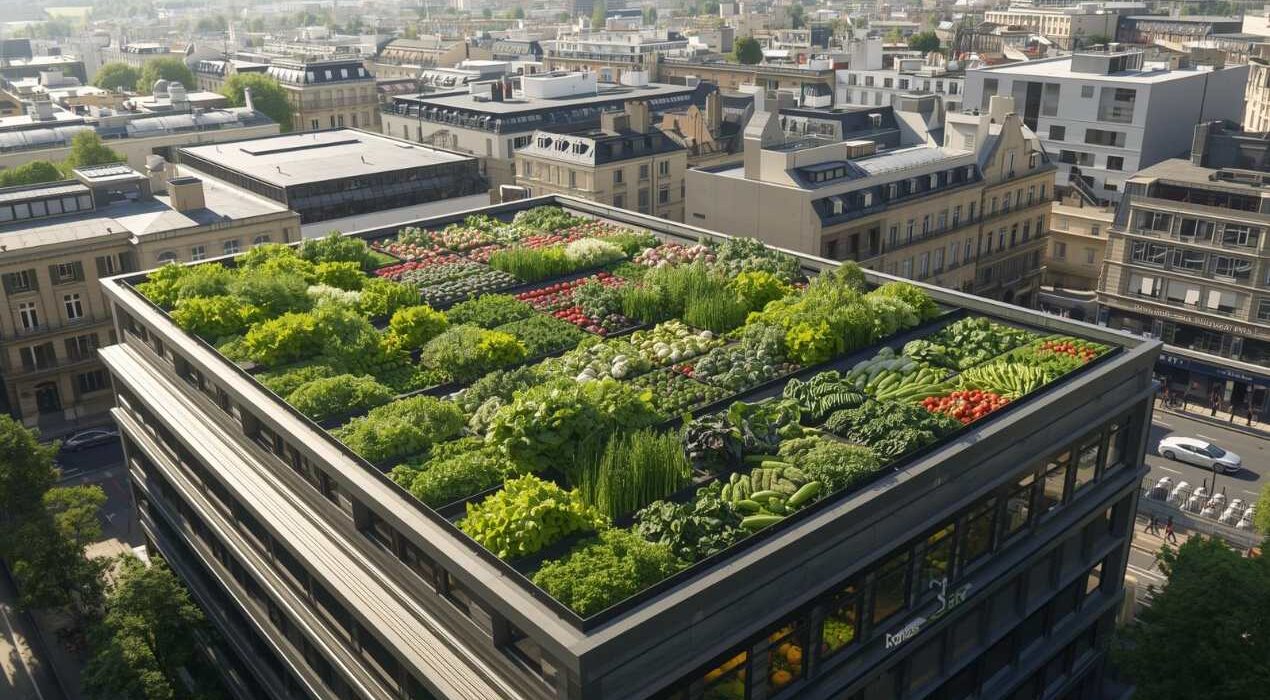France is transforming the way cities grow and consume food by turning supermarket rooftops into thriving vegetable farms. These elevated gardens make it possible for fresh produce to be harvested and placed on store shelves within minutes, offering shoppers unmatched freshness and nutrition.
By using rooftops that would otherwise go unused, supermarkets reduce transportation needs, cut carbon emissions, and provide hyper-local food. From herbs and lettuce to tomatoes and leafy greens, a variety of crops are now cultivated just above the aisles where they will be sold.
This urban farming model also helps reduce food waste. Traditional supply chains often involve long transportation routes, during which fruits and vegetables can spoil before reaching customers. In contrast, rooftop-grown produce goes from plant to plate almost instantly, supporting both sustainability and consumer health.
Many rooftop farms rely on eco-friendly methods such as hydroponics, rainwater harvesting, and natural sunlight. These systems maximize efficiency while minimizing environmental impact. They also reconnect communities with their food, showcasing how agriculture and retail can blend seamlessly in future cities.
Shoppers benefit not only from fresher taste and higher nutrient levels but also from the assurance that their food is locally grown. Farmers and store operators can closely monitor growth, ensuring consistent quality from seed to sale.
France’s rooftop farming initiative demonstrates how smart design and technology can solve urban challenges. By combining sustainability, convenience, and health, these rooftop farms provide a blueprint for cities worldwide. The next generation of grocery shopping may involve walking into stores where food is literally grown overhead—reshaping the connection between people and what they eat.
France Pioneers Rooftop Supermarket Farms for Fresher, Greener Produce






